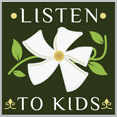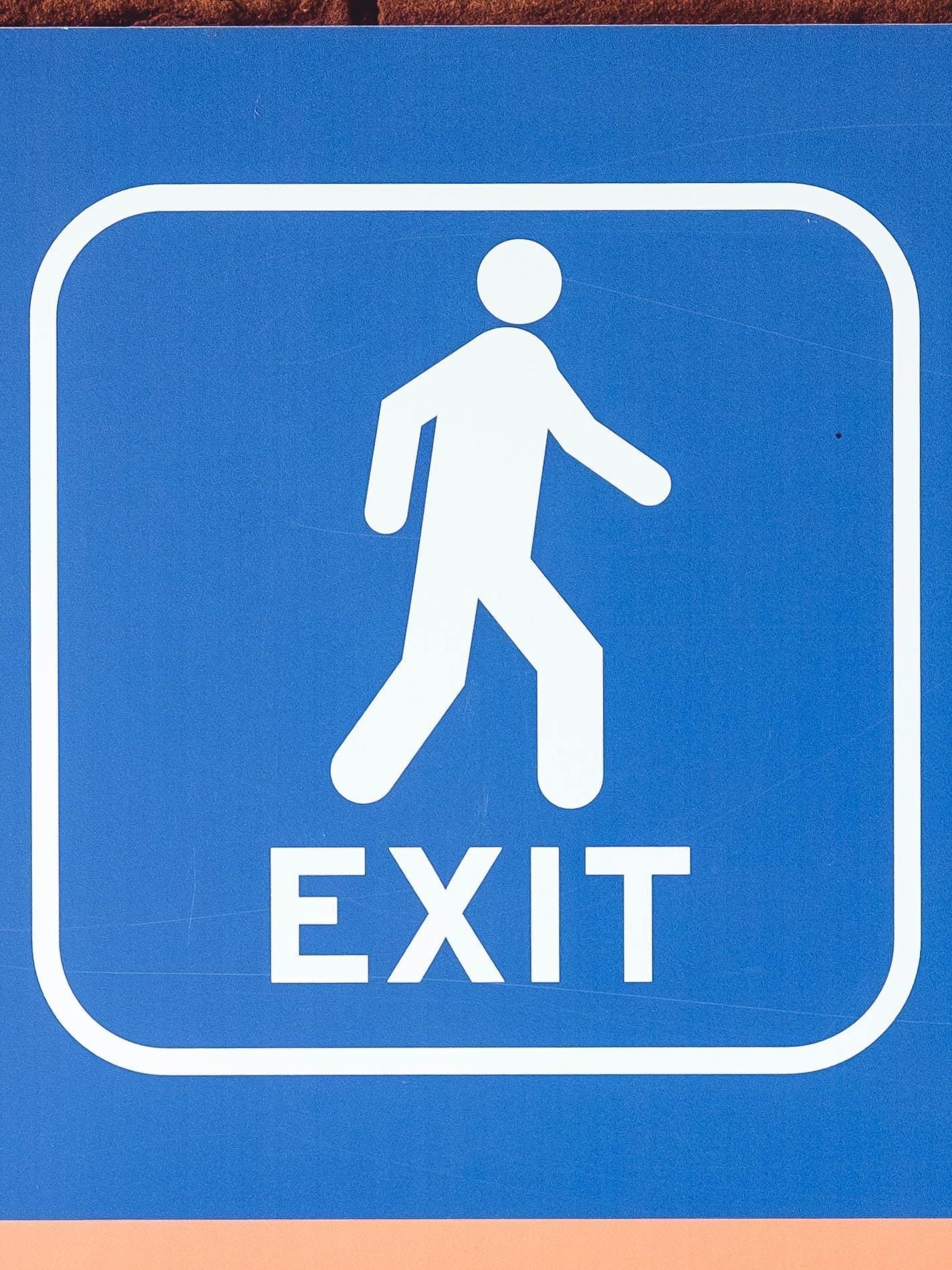4. Be a Safe & Healthy Adult
Healthy adults raise healthy kids.
In light of the staggering statistics concerning child abuse (1 in every 5 kids experiences it), it's tempting to feel that the problem is bigger than us and that nothing of consequence can be done to dismantle the generational cycle of abuse.
Luckily, a 2015 study at Harvard's Center on the Developing Child found that reversing the trend of trauma is accomplished one kid at a time. As an adult, you influence the kids around you whether you mean to or not. If we are deliberate about our influence on the next generation, each one of us can make a significant, measurable difference. According to the National Scientific Council on the Developing Child, "children who end up doing well have had at least one stable and committed relationship with a supportive parent, caregiver, or other adult."
That means that when there's just one caring and connected adult in a kid's life, there's hope!
Self-Examination
Steps to qualify for the job of supportive, trusted adult in a kid's life:
- Be trustworthy. Am I ready to be a healthy role model? Only healthy adults can be a healthy influence. Our own health requires humility (a willingness to think it's possible that you're wrong about some things), self-awareness, and self-care (understanding, articulating, & meeting your own needs). ** If you're doing drugs, drinking too much, or engaged in illegal activity: STOP FOR GOOD! If you are verbally or physically abusing others, if you like to control people ... your first step is: DO NOT INTERACT WITH KIDS and WORK ON YOURSELF instead. ** Many of us are co-dependent, have a short temper, or simply have few healthy models of relating to others. Be aware of those tendencies in yourself and seek healthier coping & relational skills, especially if you interact with kids. Take care of your body, re-parent yourself, work on healthy self-talk, address your own past traumas, allow yourself to rest and heal. Check out the resource sections on this website for books, websites, and other resources that will help support this goal. Before moving on to Step 2, carefully and humbly seek wise counsel from outside your usual supporters. Your therapist, pastor, priest, rabbi, or mentor may be the person with whom you need to discuss whether you're ready to work with kids. At the very least, give it a lot of thought and be honest with yourself.
- Be caring. Is my motivation to interact with this kid predominantly their health & resilience? Recognizing that everyone's motivation is always mixed, reflect on what your dominant motivating factor is. If it's because it makes you feel powerful or smart, or you just like telling others what to do, your second step is: WORK ON YOURSELF. Your motivation should be mostly to support the individual kid's health and resilience. Self-sacrificially. Once you've reached that goal, you can move on to Step 3:
- Be connected. Am I willing to invest face-to-face time? A caring, humble, self-reflective adult does kids no good if she never interacts with them. The key to connecting with a kid is time together. Online or on the phone counts as well, but not as much as regular, face-to-face time. It can take months for a kid to begin to trust adults again, depending on their experiences. You earn their respect by showing up when and where you say you'll show up, over time. Just taking them to play catch or take a walk once a week can be the basis of a life-saving relationship.
Once you can honestly answer "YES" to all three questions and have a plan to fit mentoring a kid into your lifestyle: Congratulations!! You've become the ONE, SUPPORTIVE ADULT that could save a kid's life.
Want to know more? Read:
The Role of Trusted Adults in Young People's Social & Economic Lives














